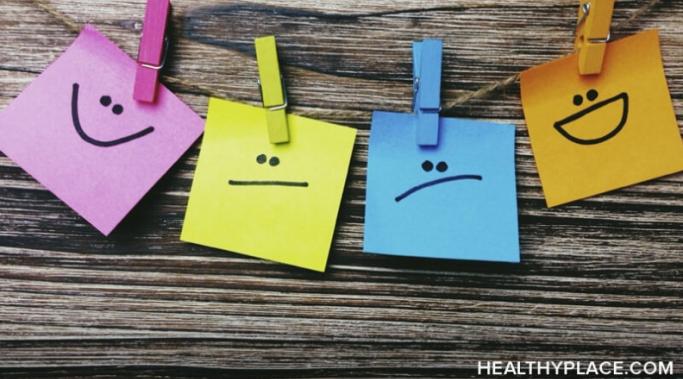Blogs
It takes time, but you can heal the emotional pain of complex posttraumatic stress disorder (PTSD). Living with PTSD brings intense emotional pain. Complex PTSD comes from many incidences of interpersonal trauma. This results in often unbearable hurt as you consider all of the people in your life who have let you down or abused you. Sometimes, it can feel as if it's a gaping wound in your soul that will never heal.
When fighting addictions of any kind there are many important elements that support sobriety, but one of the most crucial ways to prevent relapse is by creating and maintaining healthy routines. In my experience, when you are missing aspects of your personal healthy routines, you are more susceptible to unhealthy thoughts, damaging choices, and most important, relapse.
Can the verbal abuse victim become the abuser? And, if so, who does the abuse victim abuse? The answer will surprise you, so read on.
If you've experienced panic attacks, what do you do when you're panicking? That might seem like an odd question, but a certain answer can help you bring them to an end no matter their cause or the symptoms you feel. This may or may not be surprising: adopting a new perspective can shape what you do when you're panicking, and ultimately reduce the intensity and frequency of anxiety or panic attacks.
Getting diagnosed with a sexually transmitted infection (STI, once called a sexually transmitted disease or STD) can be a tough experience. An STI diagnosis can result in all sorts of intense emotions and feelings: shame, regret, self-blame, anger, depression, and anxiety. For many people, these feelings arise, not so much because of the physical issues linked to the STI, but because of the stigma associated with it. Due to the stigma linked to STIs, a lot of newly diagnosed people may also notice that their self-esteem drops – or even plummets. Here, we will take a look at how the stigmatization of STIs contributes to low self-esteem and what you can do about it if you’re experiencing this problem.
Suicidal thoughts are a huge part of my life with borderline personality disorder. Even though I have them less frequently than I used to, they can still cause me a lot of distress. Here are my four tips for managing suicidal thoughts.
Intimacy can be such a tabooed and feared topic, especially for those of us with dissociative identity disorder (DID) who have been subjected to years of prolonged abuse and unwanted touch. The very idea of intimacy denotes something very private, closely personal, and not prone to discussion. However, if true healing is to be obtained, those with dissociative identity disorder must discuss concerns of intimacy, closeness, and vulnerability in order to help heal and to have his or her needs met in their relationships.
The term "toxic positivity" means exactly what it sounds like -- positivity taken to such an extreme that instead of being helpful, it is harmful. It manifests when people say things like "good vibes only," "other people have it worse than you," and "look on the bright side." Basically, the idea is to reject or invalidate any emotion that is not positive. This translates into an individual suppressing or ignoring negative emotions so that they can project only positive emotions at all times.
Setting boundaries for yourself is important, although when we talk about setting boundaries we often refer to boundary setting with others. It is essential to say no to others at times and to advocate for our wants and needs in relationships. However, it is just as important to set boundaries for yourself.
I feel high anxiety in the heat. This is not the first time I’ve mentioned this. I just don’t deal with heat well. I never have. Not surprisingly, July is perhaps the worst month for someone like me, as it’s often more than just hot – it’s unbearably hot.









